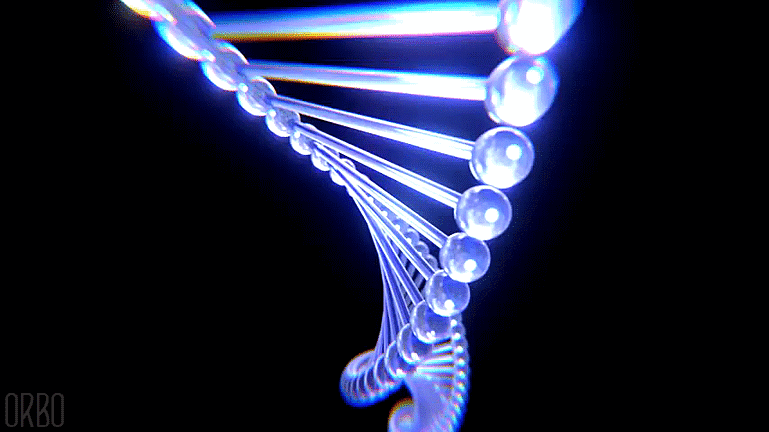- RAAJVIR VIJAY
- Mar 15, 2022
- 3 min read
A few years ago, a renowned biotechnology firm launched a service to give a whole readout of customers’ genetic code from a vial of their saliva. The customer could simply purchase the low-cost testing kit, add a bit of his/her saliva, and send it for testing. Later, he/she would receive a report on their health; whether they are at risk of any disease, and amusingly, whether they are related to any famous personality. Besides, these results will be posted on the internet from where governments and other organizations can access their genetic code. As the number of people testing their DNA increases, the amount of genetic information on the internet increases. As organizations and governments all take in this information, ownership of DNA blurs, and customer privacy is dangerously compromised.

When the genomic information of contributors is accessible by anyone, as even anonymity protection can be vanquished via methods utilizing CODIS and SNPallele frequencies, there are heavy risks of linking genomic information with other public data such as social media, voter registries, web searches, and personal demographics and even personal medical records. This can lead to the loss of anonymity, psychological impacts, and even genetic discrimination of users.
Suppose an insurance firm reviews a contributor’s genetic results and discovers that she has a pre-existing medical condition, they most definitely can hike her insurance rates unjustly. What if the company for which the contributor works, reviews his genomic information, discovers he may develop a heart disease, they can discriminate against him using that information rather than his actual performance. Another serious problem that can stem from unauthorized personnel getting access to your genetic code, is using it to manufacture a clone of you. Yes, genetic code extracted from only a few cells can be developed to a complete clone of a person, which then can be used to wreak havoc in a magnitude unseen before.

In the recent past, law enforcement officials have used information collected from the DNA databases to bring a guilty serial killer who murdered 50 people to justice, solving the decades-old Golden State Killer case. A cancer patient’s cells were taken and the genomic information in it was extremely valuable for research, playing a key role in the development of both the Polio and Covid vaccines.

Genomic information has turned out to be very beneficial for the greater good of society, but at a bigger cost. The aforementioned cancer patient’s family had not been cognizant of how her cells were used. All this had happened without her consent. Law enforcers used genomic information to track down a killer. But, the same genomic information can be exploited to harass individuals psychologically or physically. With society teeming with harassment, an increase will not be helpful.
The public’s genomic data is sensitive information. If an individual’s data is to be protected against going into the wrong hands, their data should be owned by him/herself and should not be shared. An individual’s DNA should not be owned by the government or any other organization. Governments should encourage this and enforce laws on the prevention of user data collection and exploitation. Individuals have to be aware of the significance of their information and should act with responsibility.
What do you think? Should a person's privacy be sacrificed for the greater good?
Based on a 2021 essay written by the same author for a different purpose.







Comments